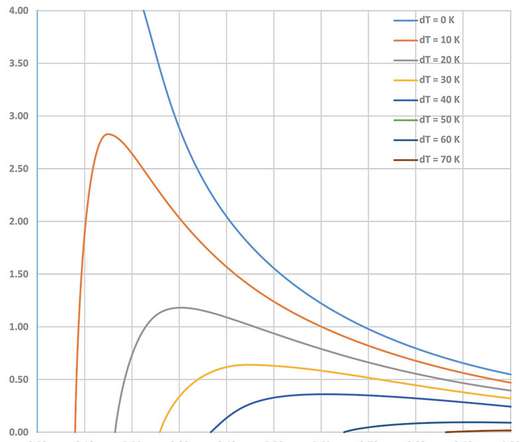PNNL team finds biocrude from kelp and fish waste via hydrothermal liquefaction could be viable fuel for remote Alaskan communities
Green Car Congress
AUGUST 3, 2021
Using existing fish processing plants, kelp and fish waste can be turned into a diesel-like fuel to power generators or fishing boats in rural, coastal Alaska, according to a team from Pacific Northwest National Laboratory (PNNL). —“ Kelp Energy Products and Marine Renewable Energy for Coastal Alaska Communities ”.











Let's personalize your content